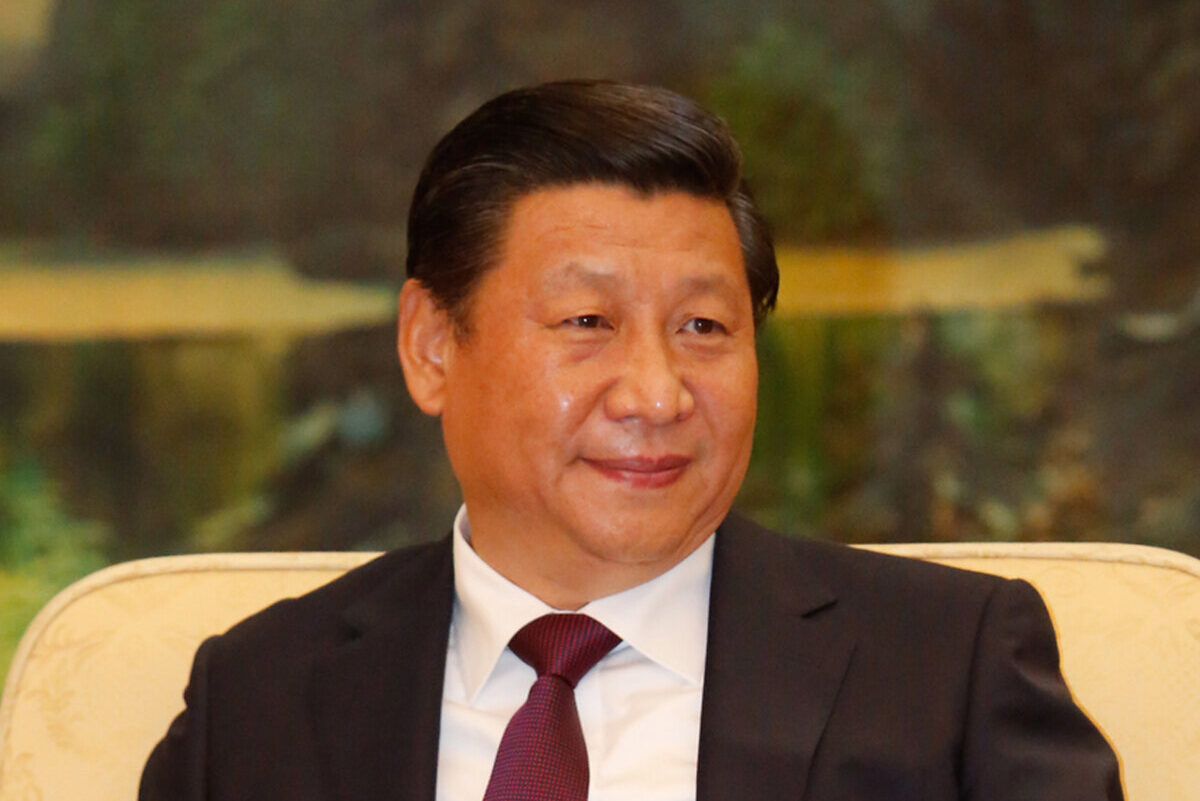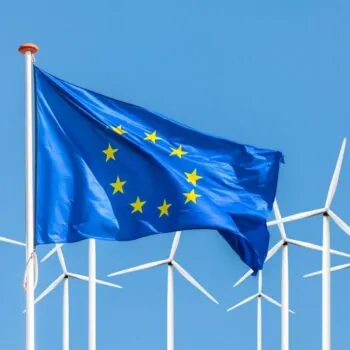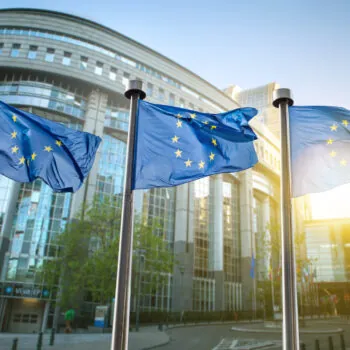President Xi Jinping confirmed an unprecedented third term at the Communist Party Congress. What does it mean for China’s climate policy at home and abroad?
Security and ideology driving economic policy making
Xi painted a gloomy picture of the headwinds China is facing in his report to the Congress. Chinese national interests are being challenged by ‘suppression, blockade and maximum pressure’. Supply chain bottlenecks of strategic goods, food and energy pose risks to growth. Party leadership has been ‘weakened’ because ‘the political faith of certain cadres was shaken’, and in response, Xi packed the top decision-making body with loyalists. His ‘dual circulation’ economic strategy, emphasising self-reliance, domestic consumption and innovation, is now written into the party charter. There is no sign that China’s zero-covid policy that the party takes pride in will be reversed soon.
Continuity in assertive foreign policy with a new delivery mechanism
Xi reasserted China’s longstanding position on solidarity with fellow developing countries, but the vehicle for delivering support to the Global South has shifted. In his latest congress report, the Belt and Road Initiative (BRI) has been dropped from the diplomacy section, replaced by the Global Development Initiative (GDI) and Global Security Initiative. On relations with ‘great powers’, Xi said that there should be ‘coordination and constructive interaction’ rather than ‘cooperation’ in his last report.
The personnel change in top echelons indicates continuity in Beijing’s foreign policy. The appointment of Foreign Minister Wang Yi to the 24-member-strong Politburo and the elevation of Qin Gang, China’s Ambassador to the US, to the party’s Central Committee is a clear nod to a more assertive style of diplomacy that the duo are known for. They are poised to become the country’s top diplomats, with Wang succeeding Yang Jiechi as the Central Foreign Affairs Commission chief and Qin as the next foreign minister.
Business as usual for gradual decarbonisation
The work report reiterated existing climate targets and the ‘step-by-step’ approach to decarbonise ‘building the new before destroying the old’, highlighting the ‘clean and efficient’ use of coal. This signals coal playing a significant role until a renewable energy system is in place.
What does it mean for China’s climate policy and climate action?
New point man on climate
Ding Xuexiang, ranked number six in the new Politburo Standing Committee and Xi’s personal secretary, is set to succeed Han Zheng as Executive Vice Premier. Han, currently leads a coordination group on China’s climate policy at the highest level of the government as well as Hong Kong and BRI files. Ding may take Han’s helm on climate although responsibility could pass to other Vice Premiers. The promotion of Tsinghua-educated academics Chen Jining and Li Ganjie, both former environment ministers, to the Politburo is seen as an effort to bring capable technocrats to the top decision-making body, although Chen has been given jobs that are not environment related.
Emissions trajectory more uncertain
Emissions have sustained the longest decline in recent history, driven by strict zero-covid lockdowns and the tightening of credit in the real estate sector. With security and ideology taking the driving seat of economic policies, economic stability is not guaranteed. Slower growth, combined with the record-shattering development in renewables and electric vehicle sectors in the last two years, could mean emissions peaking earlier than its 2030 target. An effort to shore up the economy through the tried-and-tested infrastructure investment, however, could spike up emissions.
Financial institutions becoming more selective in their investment in overseas projects due to sluggish economic growth.
This could spell an end of cheap Chinese money. Shifting from BRI to GDI could mean a shift from investment in hard to “softer” infrastructure like education and poverty alleviation. Decreasing Chinese overseas funding will widen the finance gap at a time when many developing countries are faced with fiscal instability driven by the global energy and food crises. G7 countries have pledged to beef up their financial package to the developing world and provide an alternative to BRI finance. If they are serious, their priority should be to land a portfolio of projects to close this gap. This could drive a race to the top on high-quality development finance, including clean energy infrastructure, creating incentives for China to ‘green’ its investments abroad.


